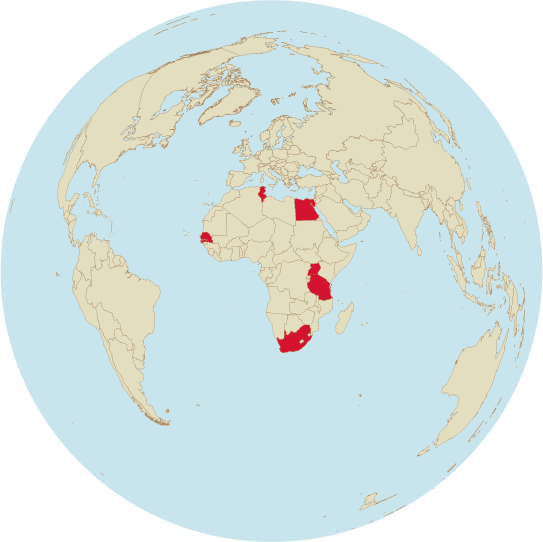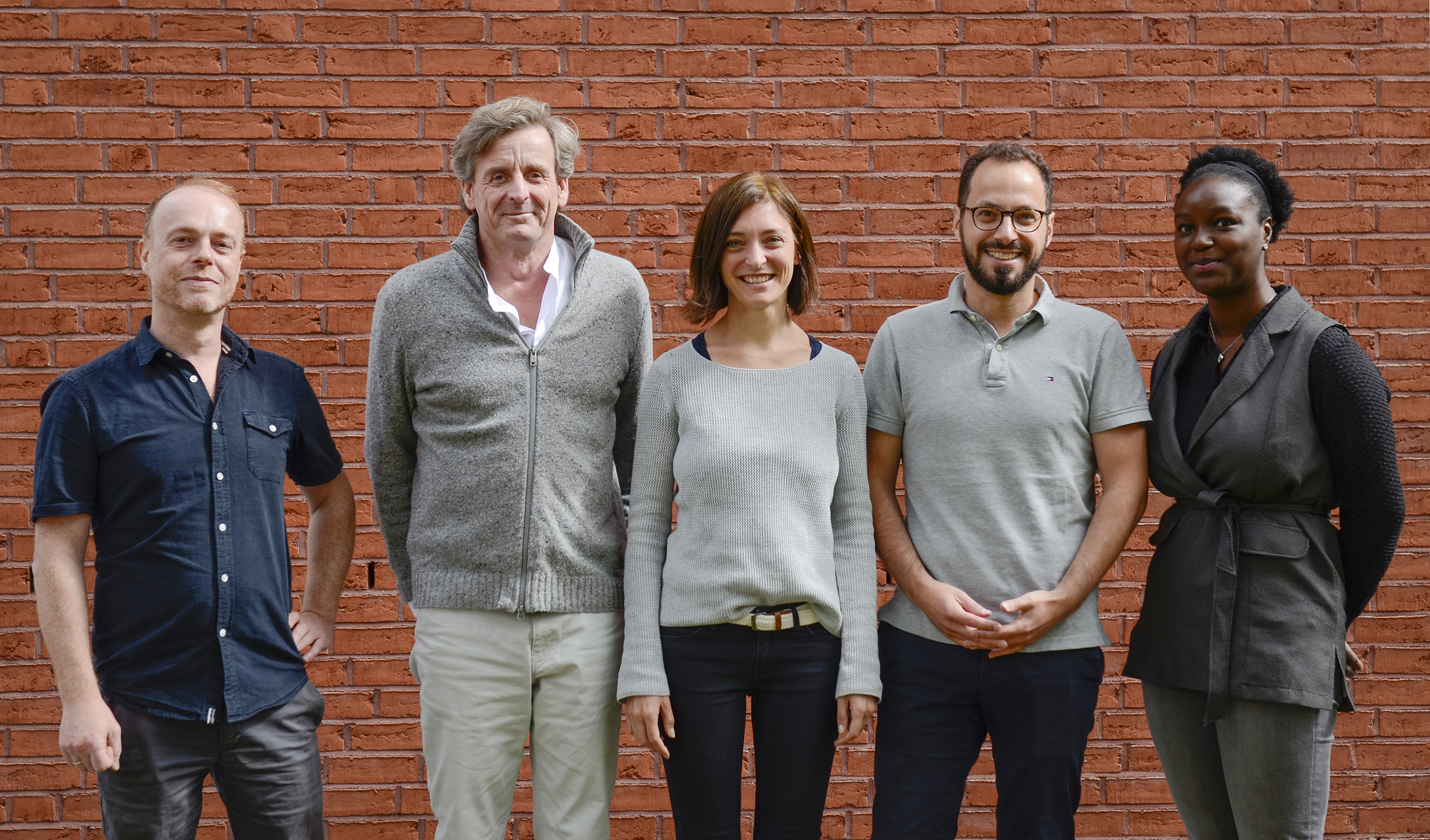Project B09 (2018-2021)
The Rise, Decay and Renaissance of Social Policy in Africa
 Project B09 aims to identify the central mechanisms for the emergence, decline and reconstruction of social policy in Africa. The project studies the dynamics and interdependencies between states, societies and international actors for the period from 1918 to 2018. International and transnational influences have been especially important for the transformation of African social policy. This is valid not just for the rise but also the decay and current renaissance of welfare statehood in Africa. Before and after the end of colonial rule, multilateral and bilateral development policies have at times either fostered welfare state elements, or encouraged their dismantling Furthermore, religious organisations such as churches and Muslim brotherhoods have contributed to shaping the dynamics of social policy in Africa.
Project B09 aims to identify the central mechanisms for the emergence, decline and reconstruction of social policy in Africa. The project studies the dynamics and interdependencies between states, societies and international actors for the period from 1918 to 2018. International and transnational influences have been especially important for the transformation of African social policy. This is valid not just for the rise but also the decay and current renaissance of welfare statehood in Africa. Before and after the end of colonial rule, multilateral and bilateral development policies have at times either fostered welfare state elements, or encouraged their dismantling Furthermore, religious organisations such as churches and Muslim brotherhoods have contributed to shaping the dynamics of social policy in Africa.

African actors have picked up inter- and transnational influences and incorporated them into national policies in different ways. While many similarities in African states’ social policy can be identified, the project seeks also to comprehend the structural differences between national developments. The first phase of the project comprises a comparative analysis of six countries – Egypt, Senegal, South Africa, Tanzania, Tunisia and Uganda – in the social policy fields of health, education and food security. The case selection reflects the broad internal variance of the continent in terms of divergent colonial experiences, post-colonial developmental trajectories, international integration, and domestic political conflicts. The principal differences and similarities in the dynamics of social policy making will be described and explained by means of historical-comparative case analysis. Empirical material will be interviews with policy-makers, civil society organisations and experts, as well as archival sources.













